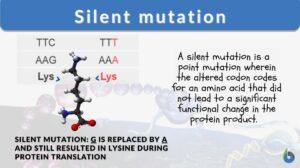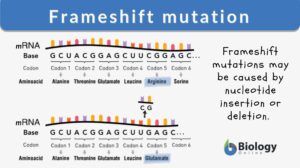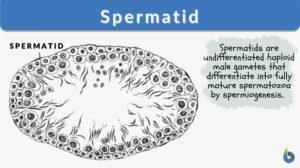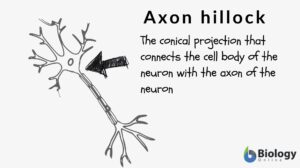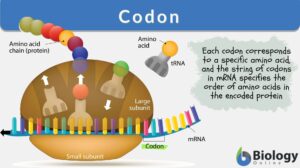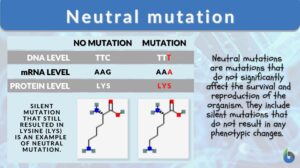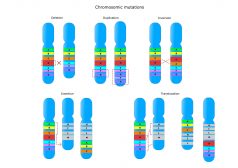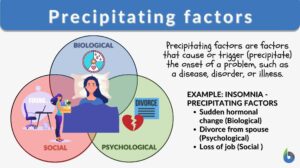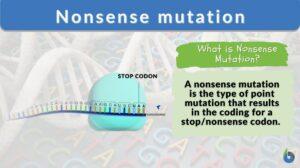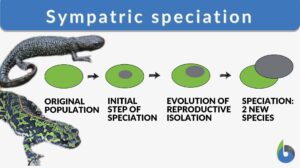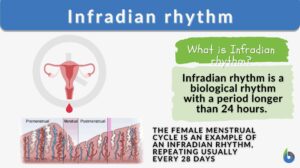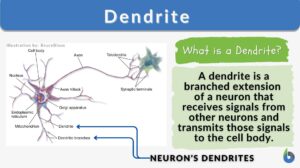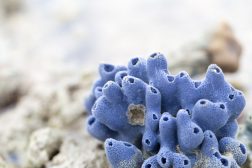Search Results for: alteration
Silent mutation
A mutation is a change in the nucleotide sequence of a gene or a chromosome. When there is only one nucleotide involved, it... Read More
Null hypothesis
Null Hypothesis Definition Null hypothesis is defined as “the commonly accepted fact (such as the sky is blue) and... Read More
Modification
modification 1. A nonhereditary change in an organism; e.g., one that is acquired from its own activity or environment. 2. A... Read More
Frameshift mutation
Define Frameshift Mutation What is a frameshift mutation? In biology, insertions or deletions of nucleotides in the coding... Read More
Redox reaction
Redox Reaction Definition What are redox reactions? This is a common term in chemistry and biology. In chemistry, a redox... Read More
Axon hillock
Axon Hillock Definition What is axon hillock? If you are familiar with the different parts of the neuron, the axon hillock... Read More
Neutral mutation
Neutral Mutation Definition What is a neutral mutation? Neutral mutations are the alterations in the DNA that are... Read More
Conformational change
Conformational change (Science: cell biology) alteration in the shape usually the tertiary structure of a protein as a... Read More
Prodromal period
There are five stages (or phases) of a disease. (Hattis, 2020). These stages are (1) Incubation period, (2) Prodromal... Read More
Chromosome Mutations
Reviewed by: Mary Anne Clark, Ph.D. By nature, the genetic information from both parents is expected to be seen... Read More
Precipitating factors
Precipitating Factor Definition Precipitating factors are factors that initiate or promote the onset of any illness,... Read More
Nonsense mutation
A nonsense mutation is the type of point mutation that renders the translation process useless by coding for a stop/nonsense... Read More
Ecosystem diversity
Ecosystem Diversity Definition What is ecosystem diversity? Ecosystem diversity deals with the study of different... Read More
Genetic diversity
Genetic Diversity Definition Each species is composed of individuals with their own set of genes. A gene is the inheritance... Read More
Modulation
modulation --> neuromodulation alteration in the effectiveness of voltage gated or ligand gated ion channels by changing... Read More
Sphenopalatine ganglioneuralgia
Definition noun The medical or scientific term for brain freeze Supplement The sphenopalatine ganglioneuralgia is a type of... Read More
Chronic disease
Chronic disease diseases which have one or more of the following characteristics: they are permanent, leave residual... Read More
Sympatric speciation
Speciation is a process of evolution through which two different existing populations evolve and a distinct species form. It... Read More
Hemoglobinopathy
Definition noun, plural: hemoglobinopathies A genetic disorder resulting in an abnormal globin structure in the hemoglobin... Read More
Infradian rhythm
What is the Infradian Rhythm? An infradian rhythm is a type of biological rhythm that lasts longer than 24 hours, with a... Read More
Metabolic disorder
Definition noun, plural: metabolic disorders A disorder in the metabolism, often caused by a dysfunctional enzyme as a... Read More
Primitive Animals
Incorrect taxonomic classifications deemed organisms to be either animals or plants, in the Plantae or Animalia kingdoms... Read More
Genetic Information and Protein Synthesis
Genetic Code Genes are sequences of DNA nucleotides that carry and transmit the information specifying amino acid sequences... Read More
Neural Control Mechanisms
Nerve cells called neurons generate electric signals that pass from one end of the cell to another and release chemical... Read More
Nucleotide deletion
Definition noun A deletion of a single nucleotide causing a shift in the reading frame of the codons in the mRNA, thus, may... Read More
Enzyme regulation
Enzyme regulation (Science: biochemistry) control of the rate of a reaction catalyzed by an enzyme by some effector (e.g.,... Read More
Ecosystem dynamics
Ecosystem dynamics Those intrinsic ecological functions through which an ecosystem becomes self-regulating, self-sustaining,... Read More
